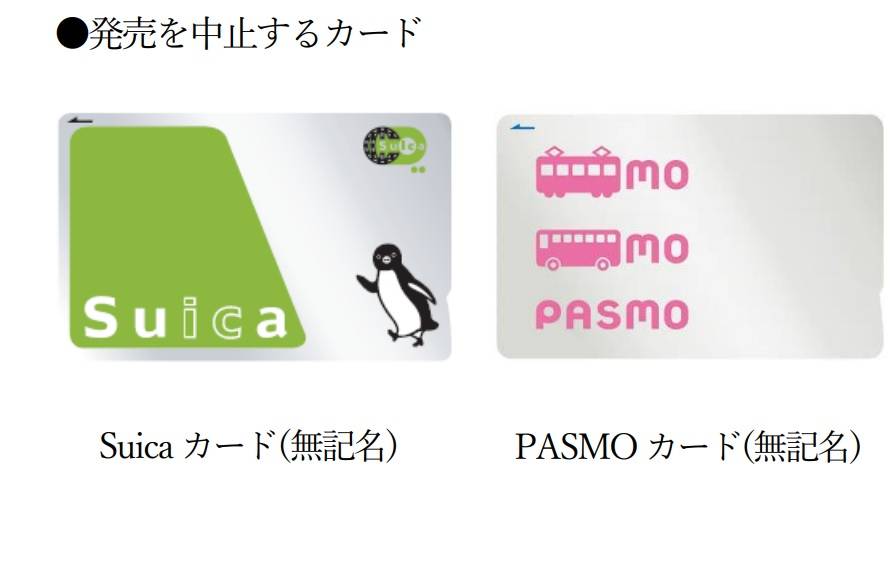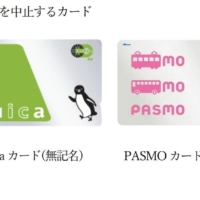Train operators in eastern Japan said Friday that they will suspend sales of some Suica and Pasmo rechargeable transportation cards starting on June 8 due to a shortage of the chips needed to make them.
East Japan Railway Co., or JR East, and other railway operators said in a statement that they will limit sales of the IC cards “for the time being” since the card manufacturer is finding it difficult to secure chips due to a global shortage of semiconductors.
The suspension only covers unregistered cards, which don’t display the user’s name. Users can still buy registered versions, and holders who have lost their current cards or cannot use them due to a malfunction will be able to purchase new ones.
However, unregistered cards can still be purchased in the areas in and around the cities of Aomori, Morioka and Akita in northern Japan, where Suica services became available on May 27, because the service only recently kicked off, the statement said.
Welcome Suica cards, which are designated for short-term foreign tourists and expire after 28 days, will continue to be available at airports and train stations. Suica and Pasmo smartphone services are also unaffected.
In addition to riding trains, IC cards can be used to purchase products at convenience stores, vending machines and other retailers. The cards can be charged at train stations and convenience stores.
As of 2021, about 200 million IC cards have been issued in Japan, with JR East’s Suica launching services in 2001 and other operators following suit with their own cards.



















With your current subscription plan you can comment on stories. However, before writing your first comment, please create a display name in the Profile section of your subscriber account page.